Blocking Mitch – an energy-control protein – prevents fat accumulation in human cells Weizmann Institute of Science researchers have discovered.
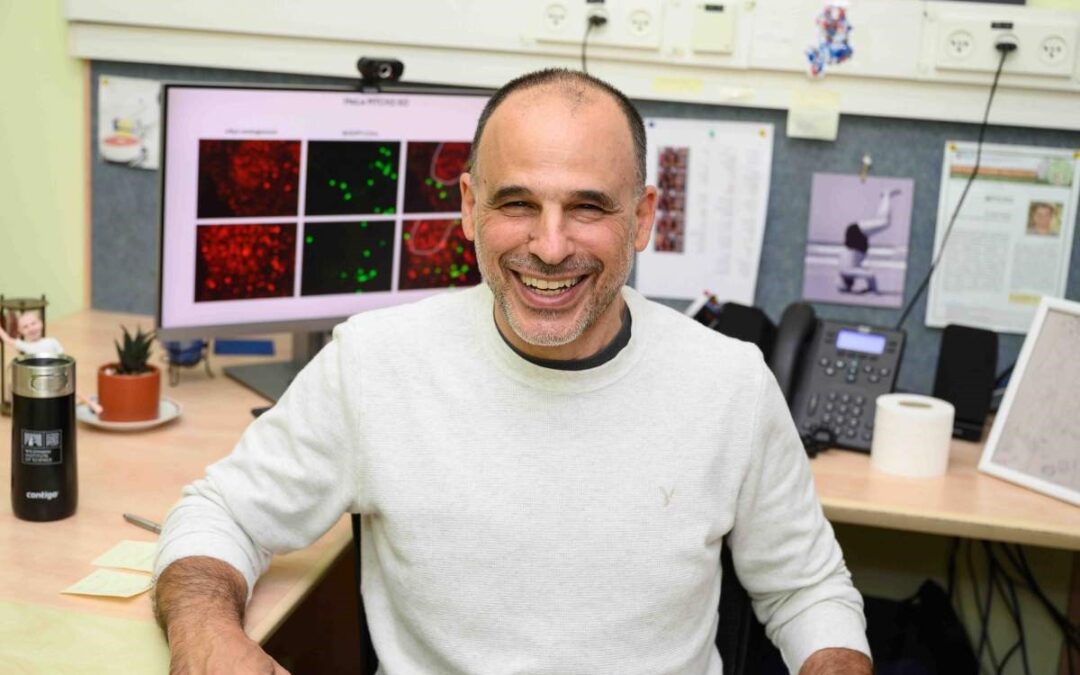

Blocking Mitch – an energy-control protein – prevents fat accumulation in human cells Weizmann Institute of Science researchers have discovered.

AI-based technology developed in Dr Liat Keren's lab at the Weizmann Institute of Science has shown it enables an unprecedented view of processes in body tissues. Artificial intelligence systems are working magic in many areas of the life sciences – they help decipher...

A Weizmann Institute of Science study about a newly discovered immune mechanism holds promise in light of the growing resistance to antibiotics. Much like humans generate mountains of garbage, our cells are constantly discarding proteins that are damaged or no longer...
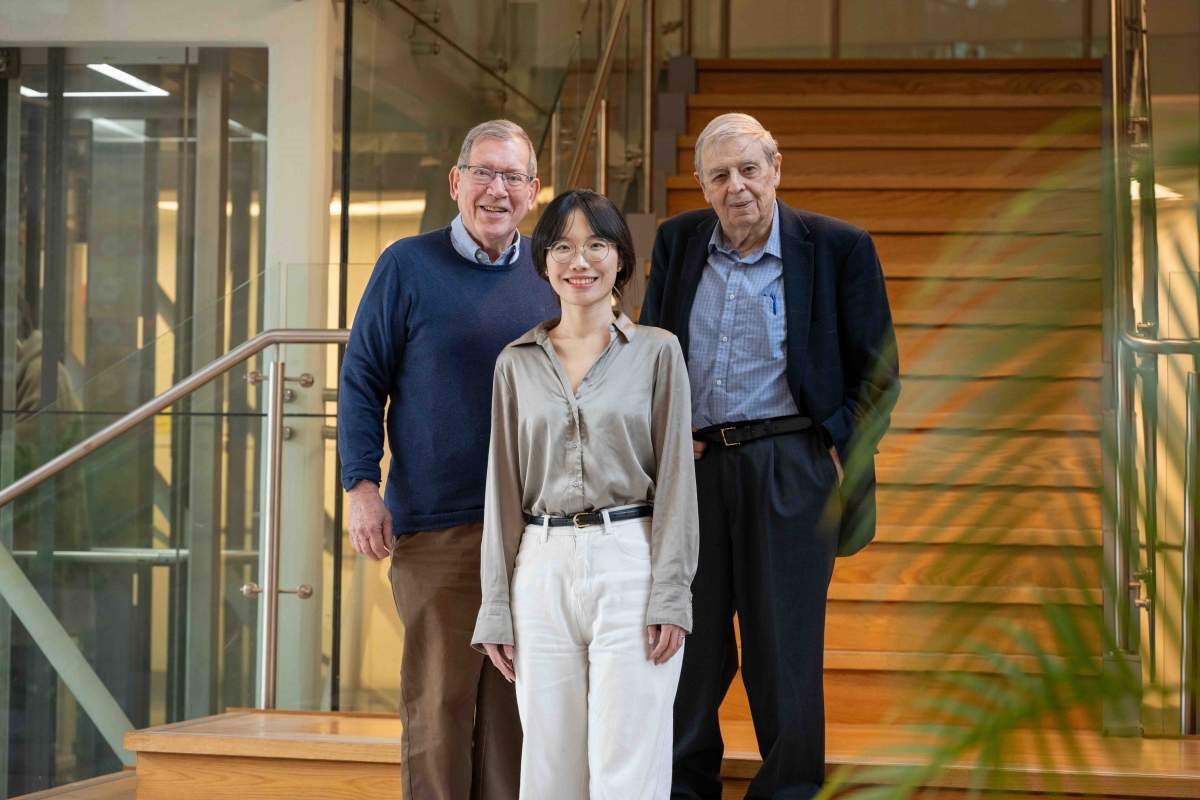
Using three AI protein prediction tools, a Chinese-Israeli study at the Weizmann Institute of Science uncovered new wrinkles in the folding story of ‘orphan’ proteins. When Weizmann Professors Joel Sussman and Israel Silman were asked to mentor Chinese students online...

In a major step toward greener industry, Weizmann Institute scientists have created a computational method for generating effective enzymes with unprecedented efficiency. This new study is now published in Science, and brings this vision closer to reality. Enzymes...
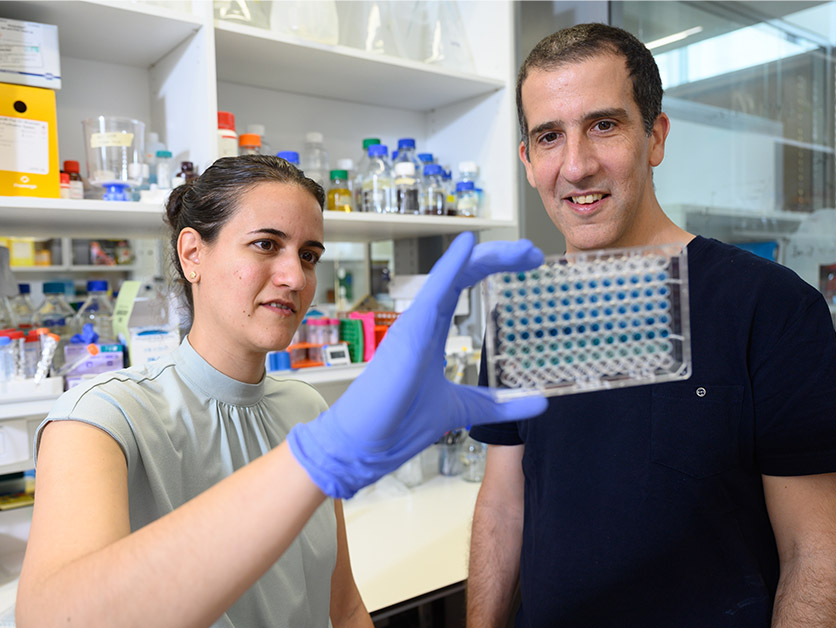
Studies at the Weizmann Institute of science is shows that AI is providing researchers the means to design biomolecules with a huge range of valuable functions – from medicine to the environment. This is their story. When Dr Shiran Barber-Zucker joined the lab...
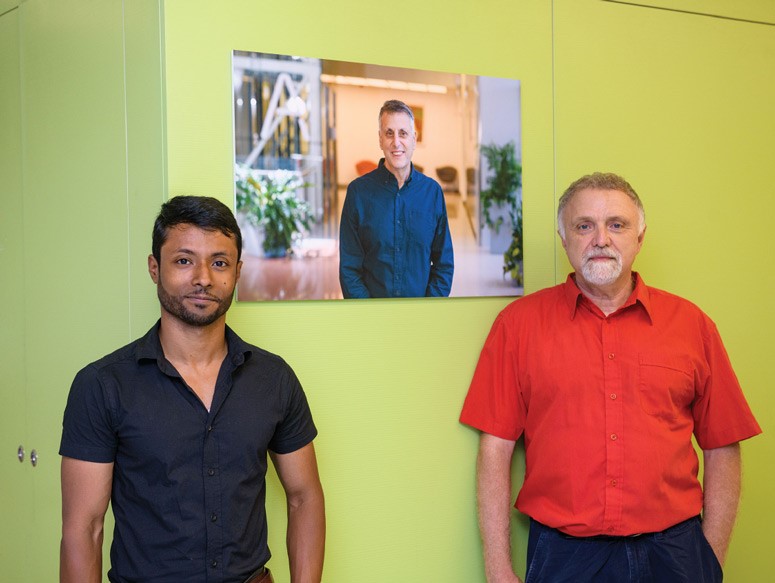
Tracing the evolution of protein maintenance in cellular ‘boroughs’, students of the Weizmann Institute’s Professor Dan Tawfik's have now published their study following his untimely death. When we contemplate the grandeur of life that evolution has crafted – a...

Choosing the right drug for each cancer patient is key to successful treatment, but currently physicians have few reliable pointers to guide them in designing treatment protocols. Researchers at the Weizmann Institute of Science and Broad Institute of MIT and Harvard...
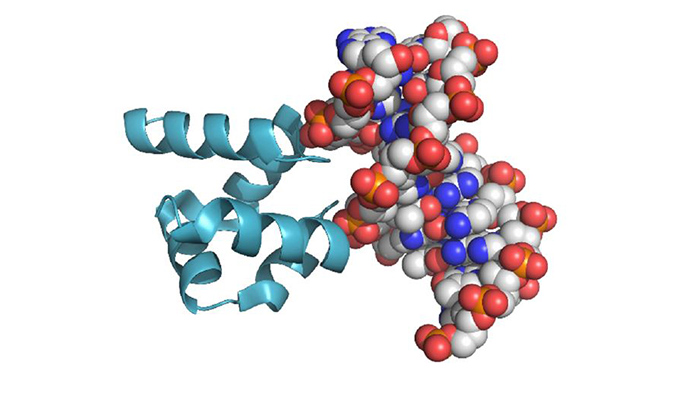
What did the very first proteins that appeared on Earth around 3.7 billion years ago look like? Now an experiment in recreating primordial proteins solves a long-standing riddle. Professor Dan Tawfik of the Weizmann Institute of Science, and Professor Norman Metanis...
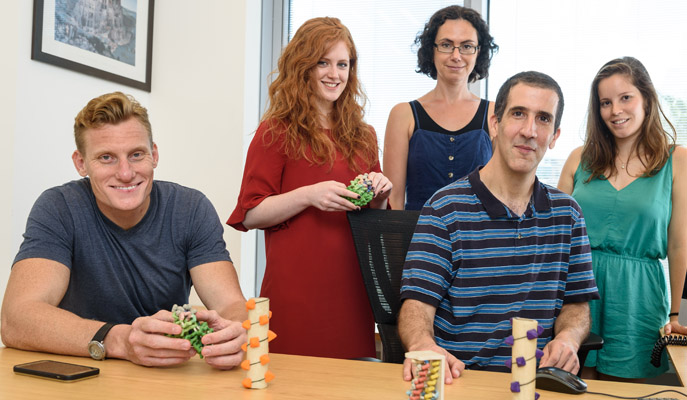
A computational method for designing dramatically more efficient versions of enzymes, being developed at the Weizmann Institute of Research, may lead to new avenues of drug design and new treatments against nerve agents. Millions of times a second, in our bodies and...
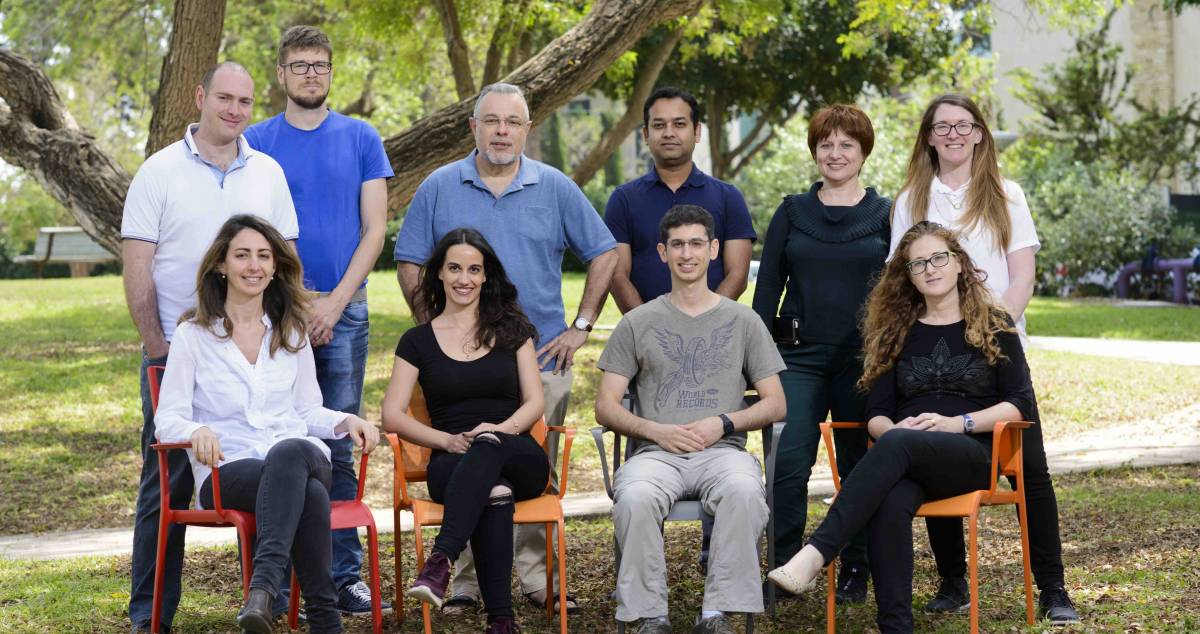
When the body needs to repair nerve injury, the machinery is already in place. Hidden within nerve cells is a ‘one-ring-to-rule-them-all’ kind of trigger: a molecular machine that can ramp up the synthesis of the necessary proteins on demand, right at the injured...
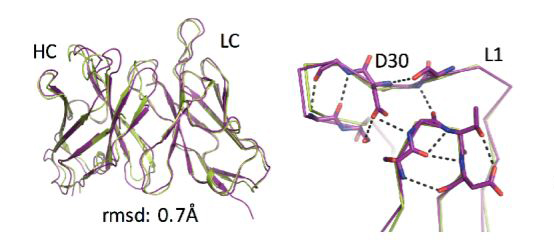
The idea of proteins that can be designed on computers for specific functions has been a cutting-edge concept that has stubbornly remained 'in the future' however new research at the Weizmann Institute of Science may bring that future a bit closer. By going back to...
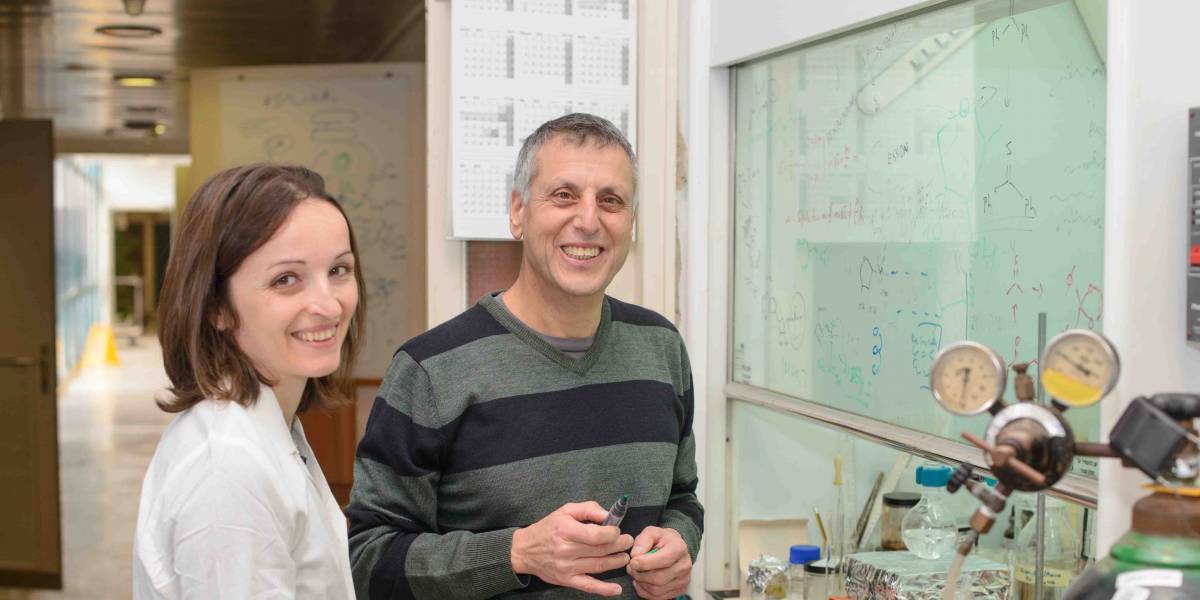
Discovering how proteins originated and developed is the focus of research in the lab of Professor Dan Tawfik of the Weizmann Institute’s Biomolecular Sciences Department, and where, with the help of computer science, they went back in time to find the answers. Made...
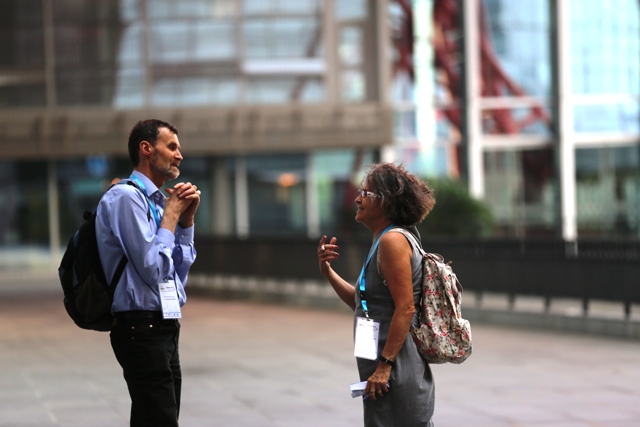
Proteins are the molecular machines that make living things function. Understanding, measuring and visualising their structural changes as they perform biological functions are therefore imperative. However to see such changes, proteins must be studied not in a...